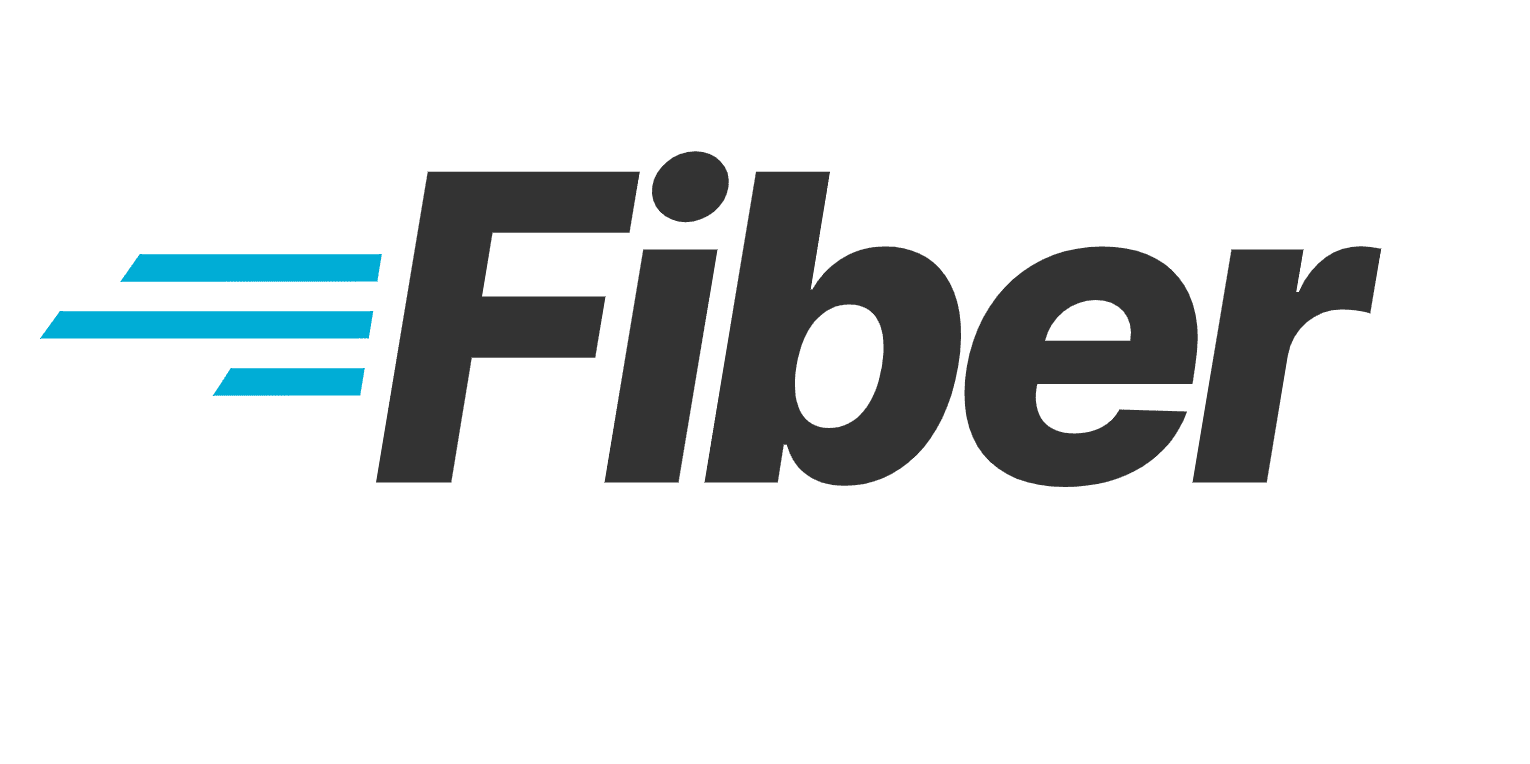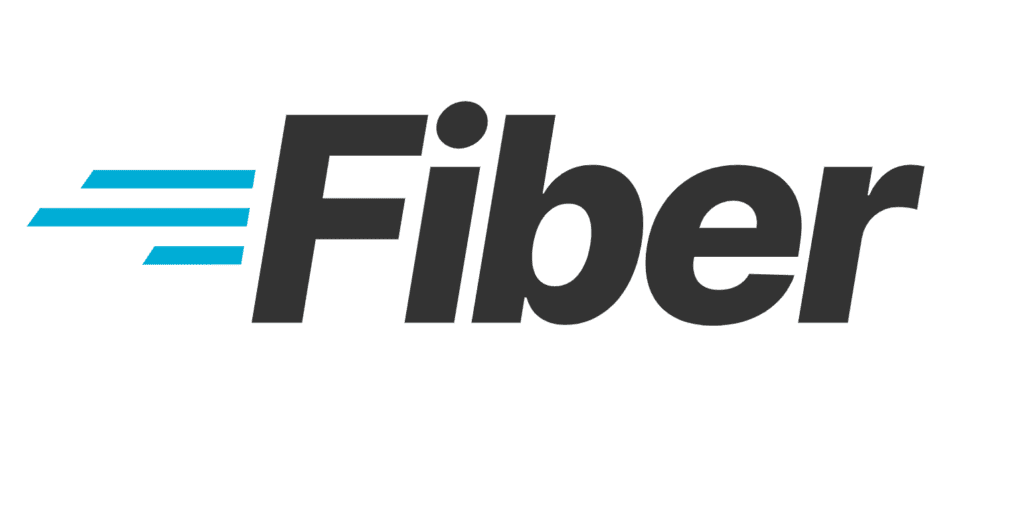CVE-2024-38513 (CVSS 9.8): Critical Security Flaw in Popular Go Web Framework, Fiber

A high-severity vulnerability (CVE-2024-38513) has been discovered in Fiber, a widely-used web framework for the Go programming language. This flaw allows attackers to hijack user sessions, potentially leading to unauthorized access and data breaches.

The vulnerability lies within Fiber’s session middleware, a component responsible for managing user sessions and maintaining state between requests. Malicious actors can exploit this weakness by manipulating the session ID, a unique identifier assigned to each user session. This could result in:
- Unauthorized Access: Attackers could impersonate legitimate users, gaining access to sensitive information or performing actions on their behalf.
- Session Fixation: Attackers could force a user to use a compromised session ID, allowing them to track the user’s activity and potentially steal their credentials.
- Data Theft: If the compromised session has access to sensitive data, attackers could exfiltrate this information without the user’s knowledge.
Any website or application built using Fiber versions 2 and above that rely on the default session middleware is at risk. Due to Fiber’s popularity for its speed and efficiency, the potential impact of this vulnerability is widespread.
The vulnerability stems from the lack of proper validation on user-supplied session IDs. This allows an attacker to inject their own session ID, bypassing the intended security mechanisms. The CVSS score of 9.8 underscores the criticality of this issue and the urgent need for remediation.
To address this critical vulnerability, Fiber has released a patch in version 2.52.5. Users are strongly encouraged to upgrade to this version or higher to mitigate the risks associated with CVE-2024-38513.
For those unable to immediately upgrade, the following workarounds are recommended:
- Validate Session IDs: Implement server-side validation to ensure session IDs are generated securely and not tampered with by users.
- Session Management: Regularly rotate session IDs and enforce strict session expiration policies to minimize the window of opportunity for attackers.





